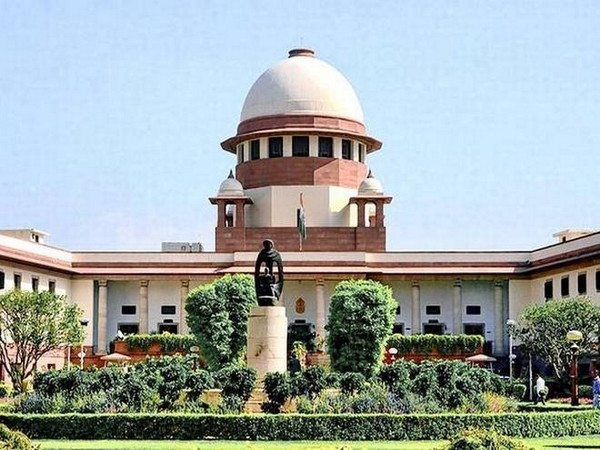


The Supreme Court in the case Naresh v. State of NCT of Delhi observed wherein an appeal is moved by the man challenging his conviction and sentence of life imprisonment for killing his wife.
The Supreme Court stated that setting a person on fire is an act of ‘extreme cruelty’ and would fall under Section 302 of IPC i.e., the Punishment for Murder.
The bench comprising of Justice Bela M Trivedi and Justice Ujjal Bhuyan in its order stated that the appellant, whose sentence was suspended by the court in 2012 considering that he had undergone about 12 years of incarceration, surrender before jail authorities within 4 weeks.
The court stated that on failing to do so, the jail authorities shall bring it to the notice of the Trial Court whereupon nonbailable warrants be issued against him.
Adding to it, the court stated that the FIR against the appellant was first registered under Section 307 IPC, when his wife was admitted in a hospital with burn injuries and gave a statement against him as she later succumbed to her injuries under section 302 of the Indian Penal Code, IPC.
It has been stated by the wife of appellant in her dying declaration that he was an alcoholic, who used to beat her when she would not give him money for buying liquor and he had come home in a drunken state and raised similar demand on the day of the incident. Thus, when she refused and told him to go sleep, the appellant poured kerosene on her and set her on fire. Later, he tried to pour water over her to douse the fire.
The court observed that the appellant was convicted by the Trial Court under Section 302 IPC and sentenced to undergo life imprisonment and the decision of the Trial Court was upheld by the High Court. In 2012, the appellant moved the Supreme Court. The case of the appellate before the Supreme Court was that he did not have any intention to kill his wife. Senior Advocate Sirajudeen appeared for the appellant and, relying on the dying declaration of the deceased (wife), submitted that after pouring kerosene on his wife, the appellant had tried to extinguish the fire by pouring a bucket of water over her.
The court while considering the facts and circumstances of the case that the plea sought to be raised before it on behalf of the appellant was neither raised as a defense during trial, nor at the time of recording of his statement under Section 313 CrPC. Finding no infirmity in the impugned judgments, the appeal was dismissed.
Accordingly, the court dismissed the appeal.
The counsel, Senior Advocate Sirajudeen; AOR Revathy Raghavan; Advocates Divya Singhvi, Arya Kumari, and Satender Kr Vashistha appeared for the Appellant.
The counsel, Advocate Aditya Singh (Amicus Curiae) and Advocate Kamal Kishore represented the respondent.